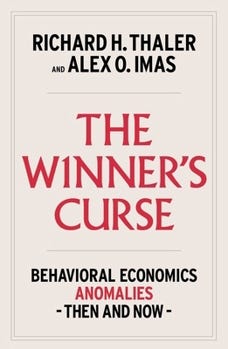I made my mom cry
How my mother’s quiet service and boundless optimism in Jim Crow Mississippi shaped a legacy of love and storytelling.
Yesterday, Mother’s Day, I called my mom, as is typical for the ocassion. Except this time we didn’t talk. Or at least not for long. I texted her before I called—still hard to believe that my mom has an iPhone 16, which she almost never keeps charged—to send her my Dallas Morning News column. She started reading it while on the phone but only made it through a few sentences.
We still haven’t completed that call. It was more important to me that she read my words than heard my voice. We’ll pick that call back up today. But this time it might be me that has to exit the call. There’s no one like mom.
From the column:
“My mom turns 87 this summer. She grew up in Jim Crow Mississippi, a place that tried hard to convince her she was less than. But somehow, through it all, her optimism never cracked. Her faith never dimmed. And her sense of duty — to show up, pitch in and care — never relied on politics, race or religion.
“As a kid, I watched her cook meals for neighbors who, because of her race, would never have sat next to her in a church pew. I listened to the stories she told, often with tears in her eyes, about family members lost to injustice and indifference. And still, she served. Still, she loved.
The Bible verse she never quoted but always lived was this: “You shall love your neighbor as yourself.”
A season of change
“Being the parent of a college sophomore and another daughter who’s about to graduate high school, I’ve entered that unsettling but inspiring phase of life when every other sentence sounds like an echo of my own parents. Ask me the simplest question and I launch into an “I remember when…” because, like my mother, I believe most answers are better with plentiful color and context.
“My wife is known to paraphrase a line from the Greek tragedy Antigone when I threaten to storytell like my mom.
“Now tell me briefly,” she says, borrowing from the play. “I don’t need a speech, Ruth Smith.”
“All my life I’ve been told that I look like her; being told that I tell stories like her is fulfilling. But, choosing to live like her, in trying to see the good in people and seeking commonality instead of division, is the goal I continue to chase.”
What I’m reading
The Winner's Curse: Paradoxes and Anomalies of Economic Life | Richard Thaler
Thaler shows that “irrational” economic behavior isn’t random missteps but predictable patterns rooted in human psychology. Rather than dry theory, he offers vivid anecdotes and experiments that reveal how our biases shape auctions, negotiations, and everyday choices—and how understanding these quirks can lead to better decisions and smarter policies. Full review forthcoming.





